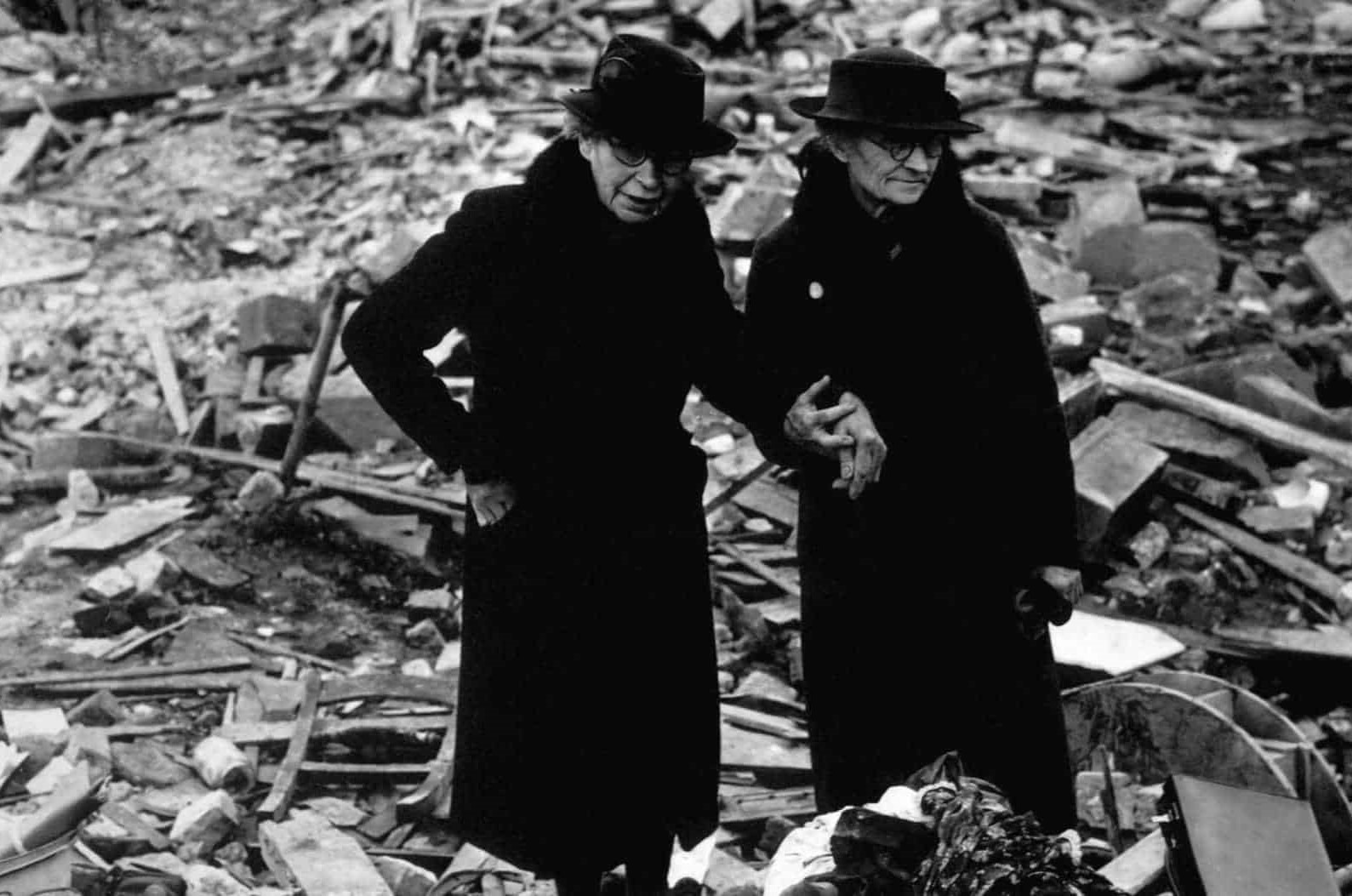
What happened in 1943? This year was a whirlwind of significant events that shaped history. World War II was in full swing, with pivotal battles like the Battle of Stalingrad and the Allied invasion of Italy. On the home front, Rosie the Riveter became an iconic symbol of women's contributions to the war effort. In science, penicillin was mass-produced, saving countless lives. The world of entertainment saw the release of "Casablanca," a film that remains a classic. Meanwhile, Frank Sinatra crooned his way into hearts with his smooth voice. From politics to pop culture, 1943 was a year of transformation and resilience.
World War II Events
1943 was a pivotal year during World War II. Many significant events took place that shaped the course of history.
- The Battle of Stalingrad ended in February 1943, marking a turning point in the war with a decisive Soviet victory over Nazi Germany.
- The Allied invasion of Sicily began in July 1943, leading to the downfall of Italian dictator Benito Mussolini.
- The Tehran Conference in November 1943 saw leaders Roosevelt, Churchill, and Stalin meet to discuss the war strategy and post-war world.
Scientific and Technological Advances
Amidst the chaos of war, 1943 also saw remarkable advancements in science and technology.
- The Manhattan Project was in full swing, working towards developing the first atomic bomb.
- The first operational Colossus computer, used to break German codes, was completed in December 1943.
- Penicillin was mass-produced for the first time, revolutionizing medicine and saving countless lives.
Cultural Milestones
Despite the war, culture and entertainment continued to thrive in 1943.
- The classic film "Casablanca" won the Academy Award for Best Picture.
- "Oklahoma!", the groundbreaking musical by Rodgers and Hammerstein, premiered on Broadway.
- The Little Golden Books series was launched, making children's literature more accessible.
Political Changes
Significant political shifts occurred in various parts of the world in 1943.
- Italy signed an armistice with the Allies in September, leading to the country's surrender.
- The Cairo Conference saw Allied leaders discuss the future of Asia after the war.
- The Bermuda Conference addressed the issue of Jewish refugees fleeing Nazi persecution.
Social Developments
Social changes and movements also marked the year 1943.
- The Zoot Suit Riots erupted in Los Angeles, highlighting racial tensions in the United States.
- The Detroit Race Riot in June resulted in significant casualties and highlighted the need for civil rights reforms.
- The Rosie the Riveter campaign encouraged women to join the workforce, symbolizing female empowerment.
Notable Births
Several influential figures were born in 1943, leaving lasting legacies in various fields.
- George Harrison, the legendary Beatles guitarist, was born in February.
- Mick Jagger, the iconic Rolling Stones frontman, was born in July.
- Robert De Niro, the acclaimed actor, was born in August.
Sports Highlights
Sports provided a much-needed distraction and sense of normalcy during the war.
- The New York Yankees won the World Series, defeating the St. Louis Cardinals.
- Bobby Riggs won the Wimbledon men's singles title.
- The Chicago Bears claimed victory in the NFL Championship Game.
Economic Changes
The global economy saw significant shifts due to the ongoing war.
- The Bretton Woods Conference laid the groundwork for the International Monetary Fund (IMF) and the World Bank.
- War bonds were heavily promoted to finance the war effort.
- Rationing of food and materials became a common practice in many countries.
Technological Innovations
Innovations in technology continued to progress, even during wartime.
- The jet engine saw significant advancements, leading to the development of the first operational jet aircraft.
- The V-2 rocket, the world's first long-range guided ballistic missile, was developed by Nazi Germany.
- The ENIAC computer project began, which would later become one of the first general-purpose computers.
Miscellaneous Facts
A few more interesting tidbits from 1943 that don't fit neatly into other categories.
- The Jefferson Memorial was dedicated in Washington, D.C.
- Swiss chemist Albert Hofmann accidentally discovered the hallucinogenic properties of LSD.
Reflecting on 1943
1943 was a year packed with significant events and remarkable achievements. From the heat of World War II to groundbreaking scientific discoveries, this year left an indelible mark on history. The Allied forces made crucial strides, while the world saw the invention of the first jet engine and the discovery of LSD. Cultural milestones like the release of "Casablanca" and the birth of Mick Jagger also added to the year's rich tapestry.
Understanding these facts gives us a deeper appreciation of how 1943 shaped the modern world. Each event, whether in science, culture, or warfare, contributed to the global landscape we know today. So next time you think about history, remember how pivotal 1943 was. It's a year that continues to influence our lives in ways we might not always realize.
Was this page helpful?
Our commitment to delivering trustworthy and engaging content is at the heart of what we do. Each fact on our site is contributed by real users like you, bringing a wealth of diverse insights and information. To ensure the highest standards of accuracy and reliability, our dedicated editors meticulously review each submission. This process guarantees that the facts we share are not only fascinating but also credible. Trust in our commitment to quality and authenticity as you explore and learn with us.


